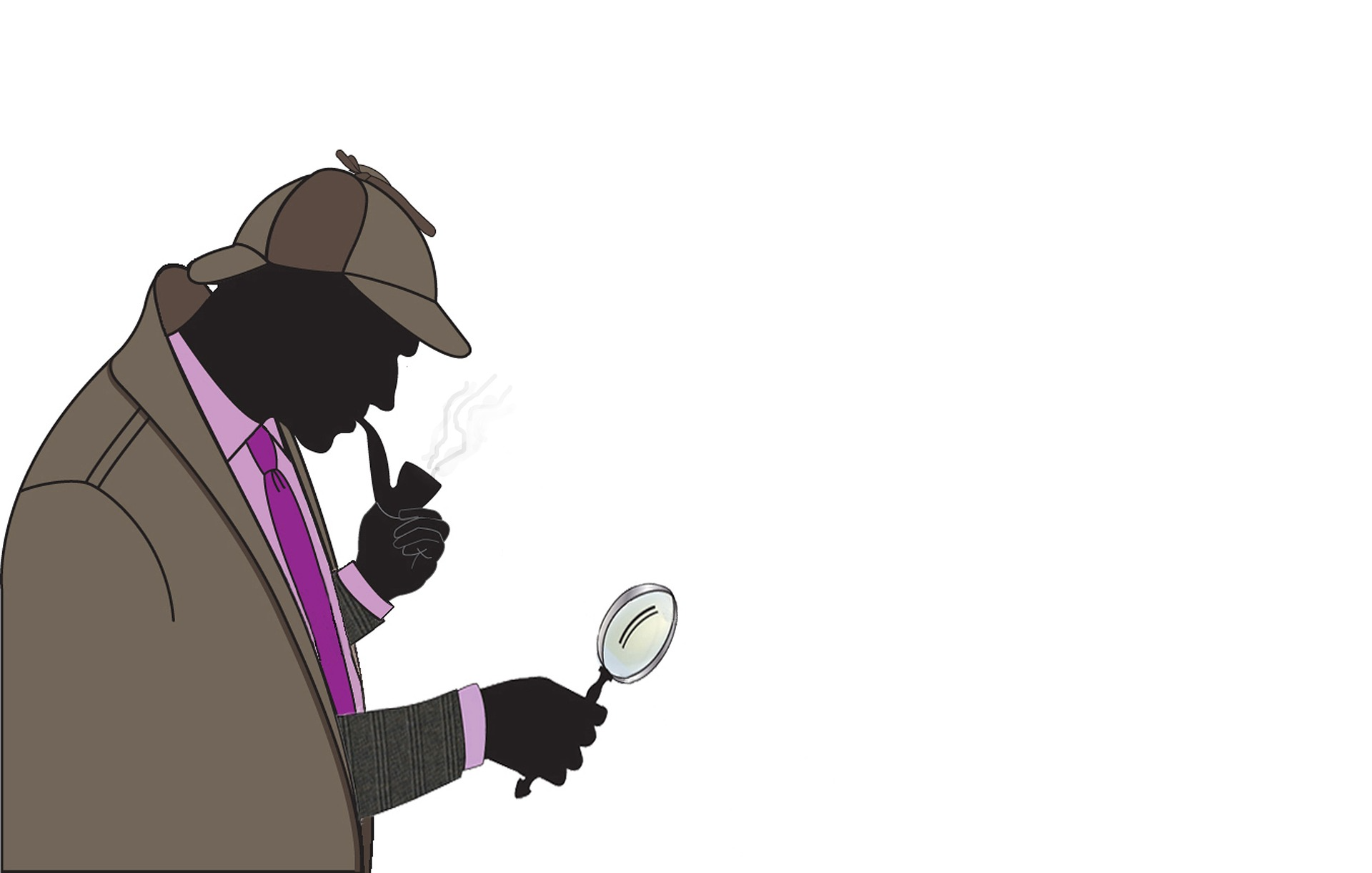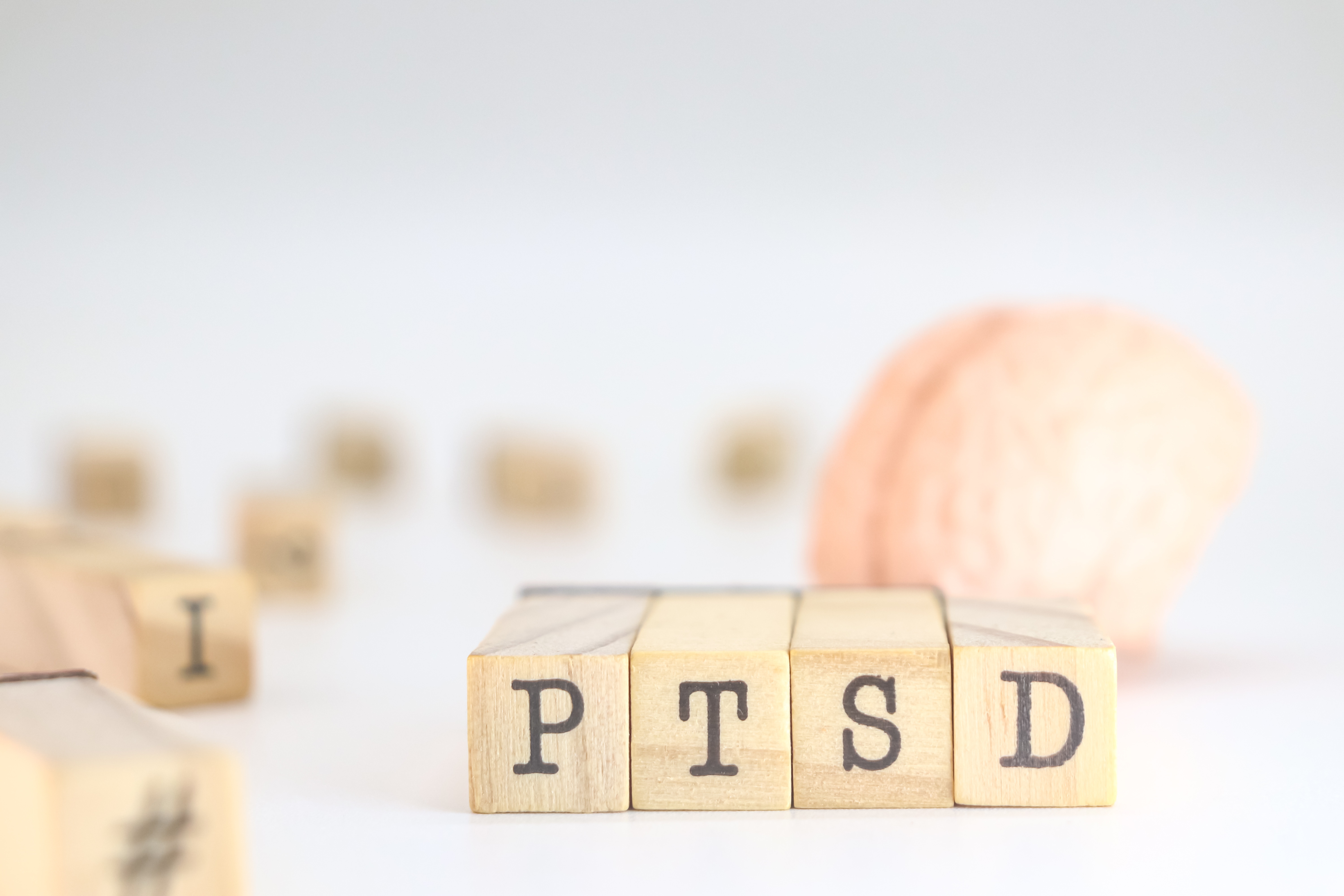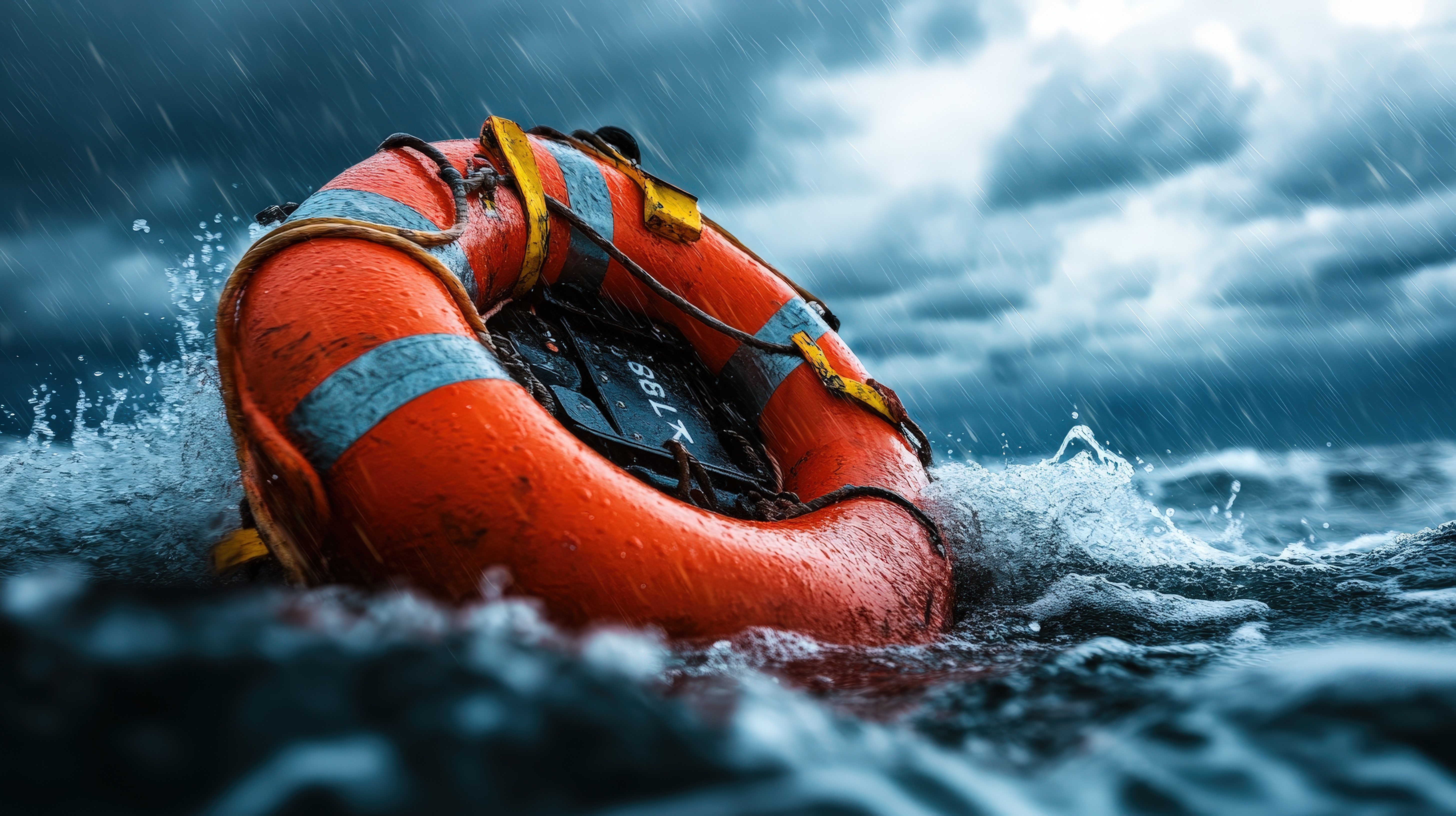
When Members face a serious incident which could lead to litigation, they should immediately contact their local P&I Club representative and begin collecting evidence. The below article will assist Members with this task. It is important to note that collecting evidence is not a one person job, it requires assistance throughout the organization. By notifying other departments and in particular IT, one can ensure the relevant emails, videotape and incident related documents are not lost or deleted.
Preservation of Evidence
Immediately after an incident which may lead to litigation, Member’s should begin collecting evidence. Prompt collection of evidence is important because in the days and weeks following the incident, conditions change, memories fade and records could become lost or misplaced. Failure to preserve records - paper or electronic - will result in the spoliation of evidence. Spoliation of evidence is the intentional, reckless, hiding, altering, fabricating or destroying of evidence relevant to a legal proceeding. Penalties for spoliation of evidence include sanctions, fines, penalties, adverse jury verdict, negative publicity and damaged reputation.
The duty to preserve evidence rises when litigation is reasonably anticipated. The UK Club recommends that Member’s treat every incident as if litigation will follow and preserve evidence accordingly. Anticipation of litigation will likely follow a personal injury, a collision or a property damage incident. If a Member believes a lawsuit is possible, they should notify the UK Club and a lawyer will be appointed.
What data should be collected?
The information and evidence that should be immediately collected is the time/date/location of the incident and the parties involved (names, addresses and phone numbers). The lawyer will coordinate the interviewing of witnesses, securing crew statements, and the collection of documents needed for defence. Members should also identify any other sources of information such as the vessel’s electronic navigation data (GPS, Radar, AIS, ECDIS), vessel’s Voyage Data Recorder (VDR), vessel’s electronic logs, CCTV cameras and crew’s mobile devices. Electronic data preservation and recovery is essential following a casualty. Some data is automatically saved, while other data can only be preserved if the crew takes the necessary steps to save the information before it is overwritten with new data. Technicians may be required to assist the vessel with the preservation and downloading of certain electronic data. Therefore, appointing a technician immediately following the incident is crucial and highly recommended by the UK Club.
If the incident involves a specific piece of vessel equipment, the equipment involved should immediately be placed on hold and not used until an inspection has taken place and authorities have completed their review/inspection. It is important during the collection of evidence to interact with authorities, first responders, and other witnesses. Once the immediate response is completed, evidence preservation throughout the organization is necessary. The way to demonstrate good faith is through a litigation hold.
Litigation Hold
UK Club Members should implement a litigation hold on their own or in the case of a serious injury or loss of life, Members may receive from the claimant’s lawyer a litigation hold letter. If a litigation hold letter is received, Members should take the following steps to comply with a litigation hold letter. Failure to comply with a litigation hold could result in sanctions, fines or penalties or an adverse jury verdict.
A litigation hold is the process of avoiding the inadvertent destruction of relevant evidence. Notice that a litigation hold was received should be sent in writing to managers of each division or group within the company and anyone involved with the events at issue. The issuing manager should document all persons within the organization who received the litigation hold and oversee the compliance with the litigation hold and monitor efforts to retain relevant evidence. The memo should inform all employees of the need to comply and should involve both legal and information systems personnel.
Some of the items which should be identified and preserved include applicable ship related documents including electronic data, e-mails, surveillance footage, photographs, contracts and commercial documents. It is also important to notify any outside parties who are in possession of your information/documents and request they document the steps taken to preserve evidence. Once the litigation hold memo is sent it should be followed up on a regular basis and remain in effect until the statute of limitations has expired as to all anticipated claims. If litigation has commenced, the litigation hold should last until final conclusion of the suit.
For more information please get in touch with George Radu in our New Jersey office who will be pleased to assist you.




